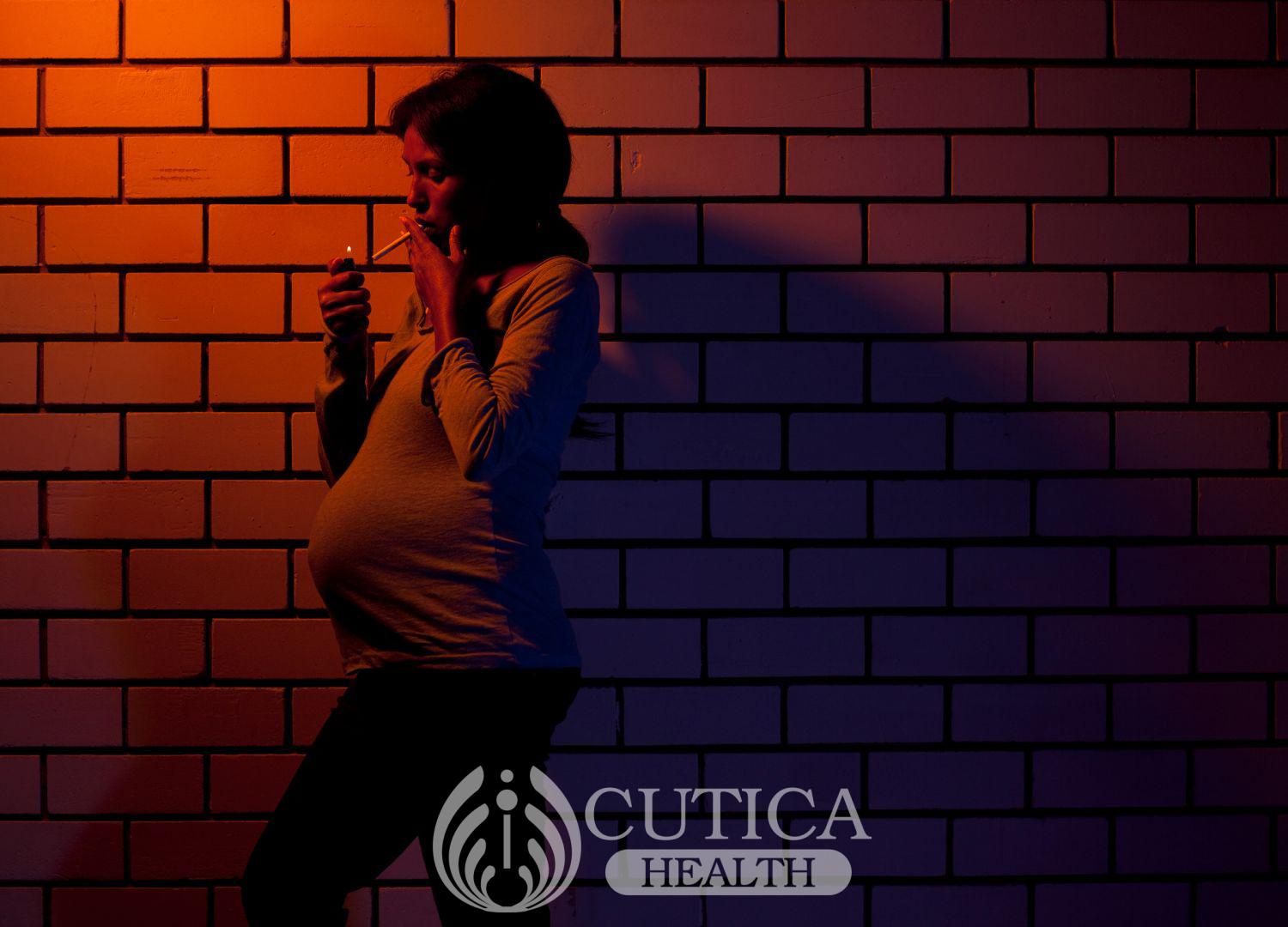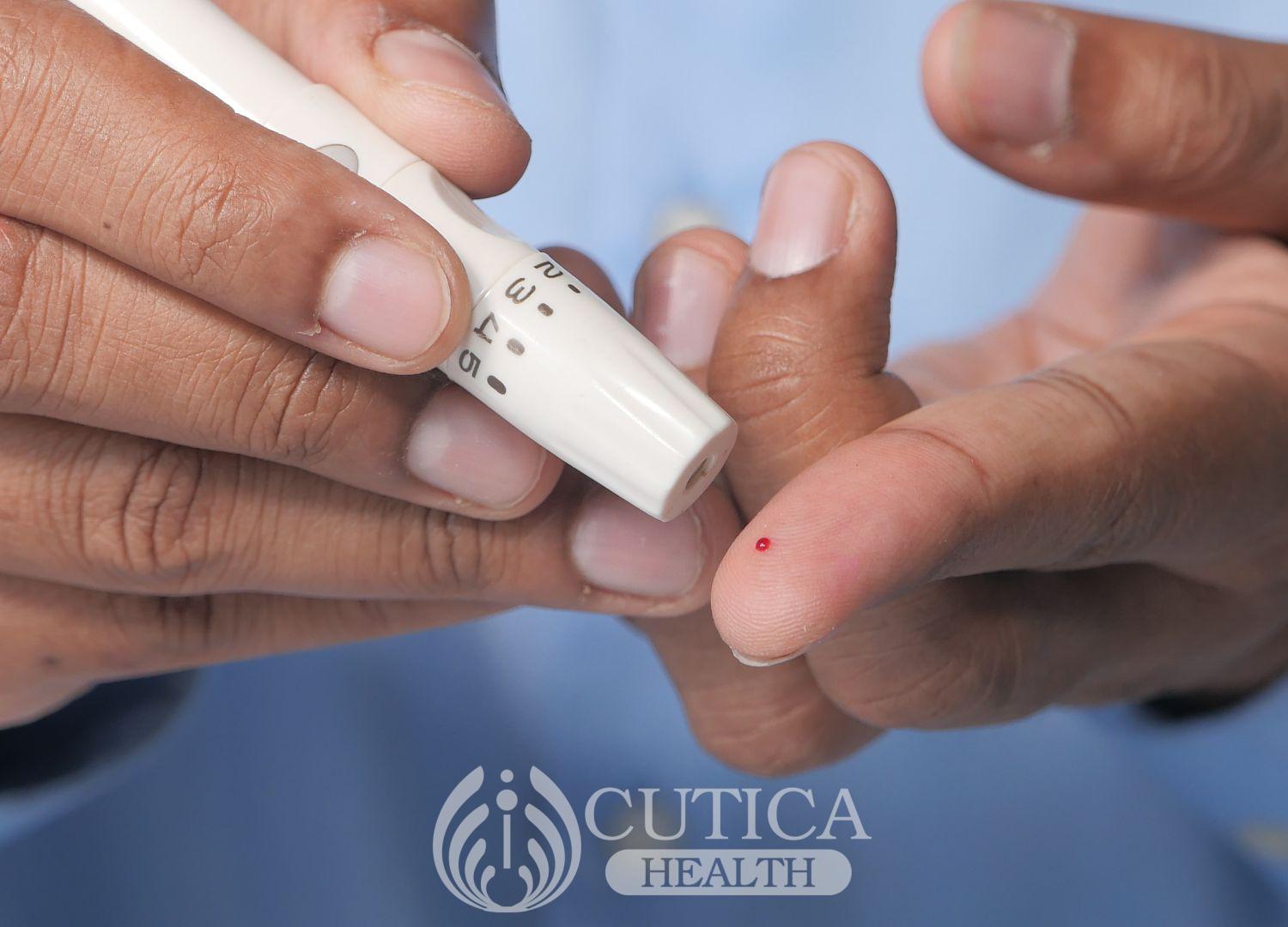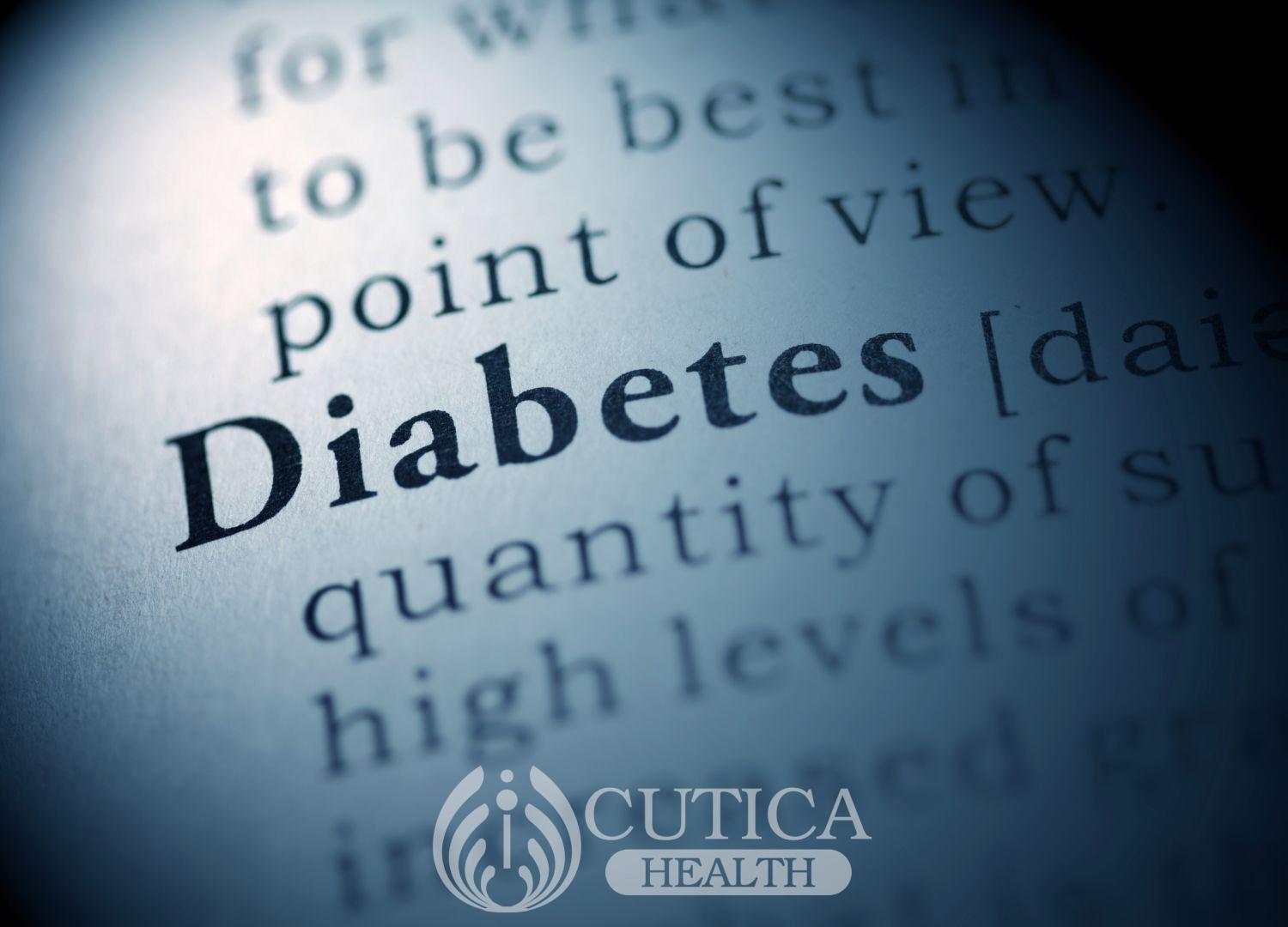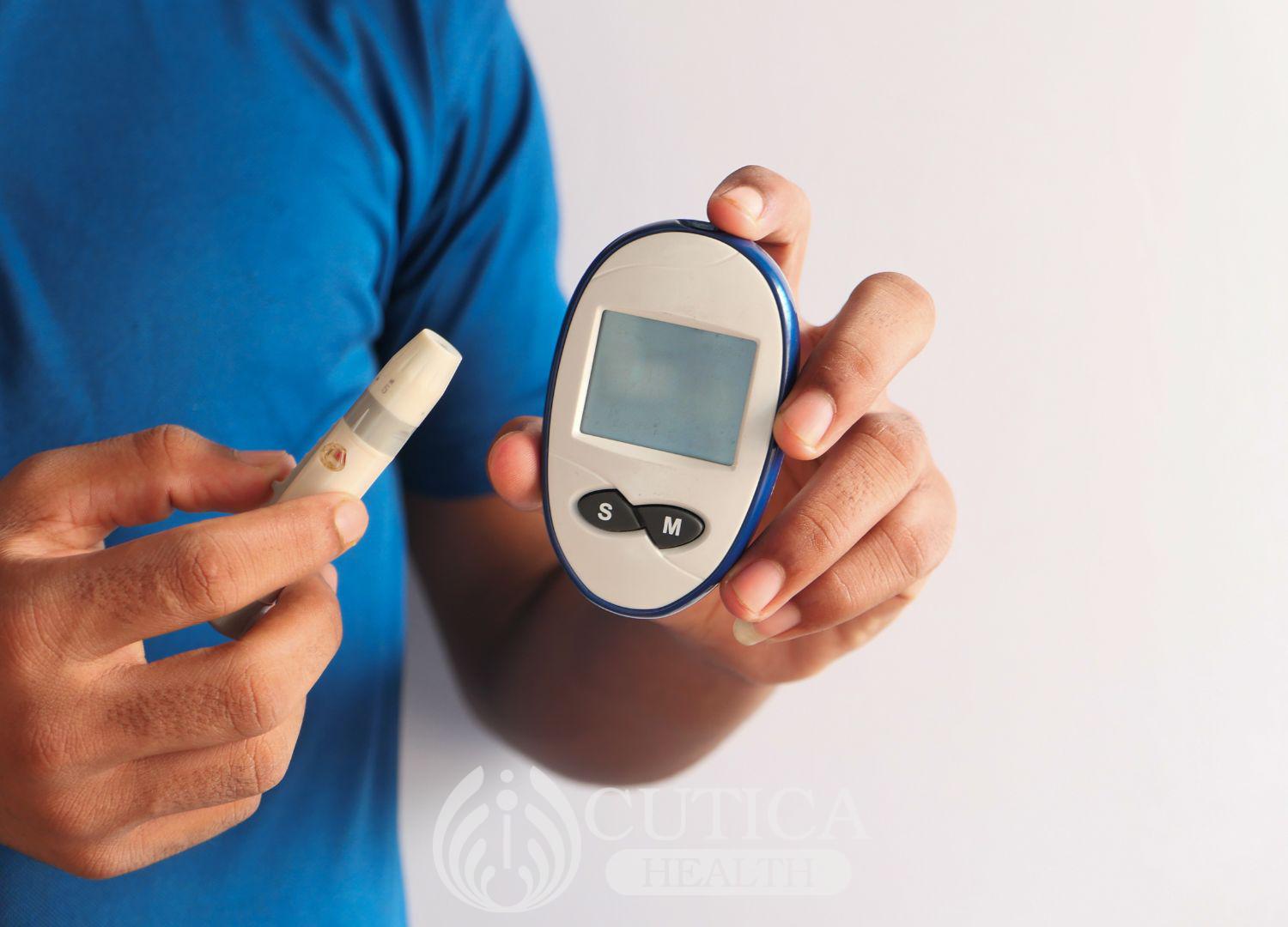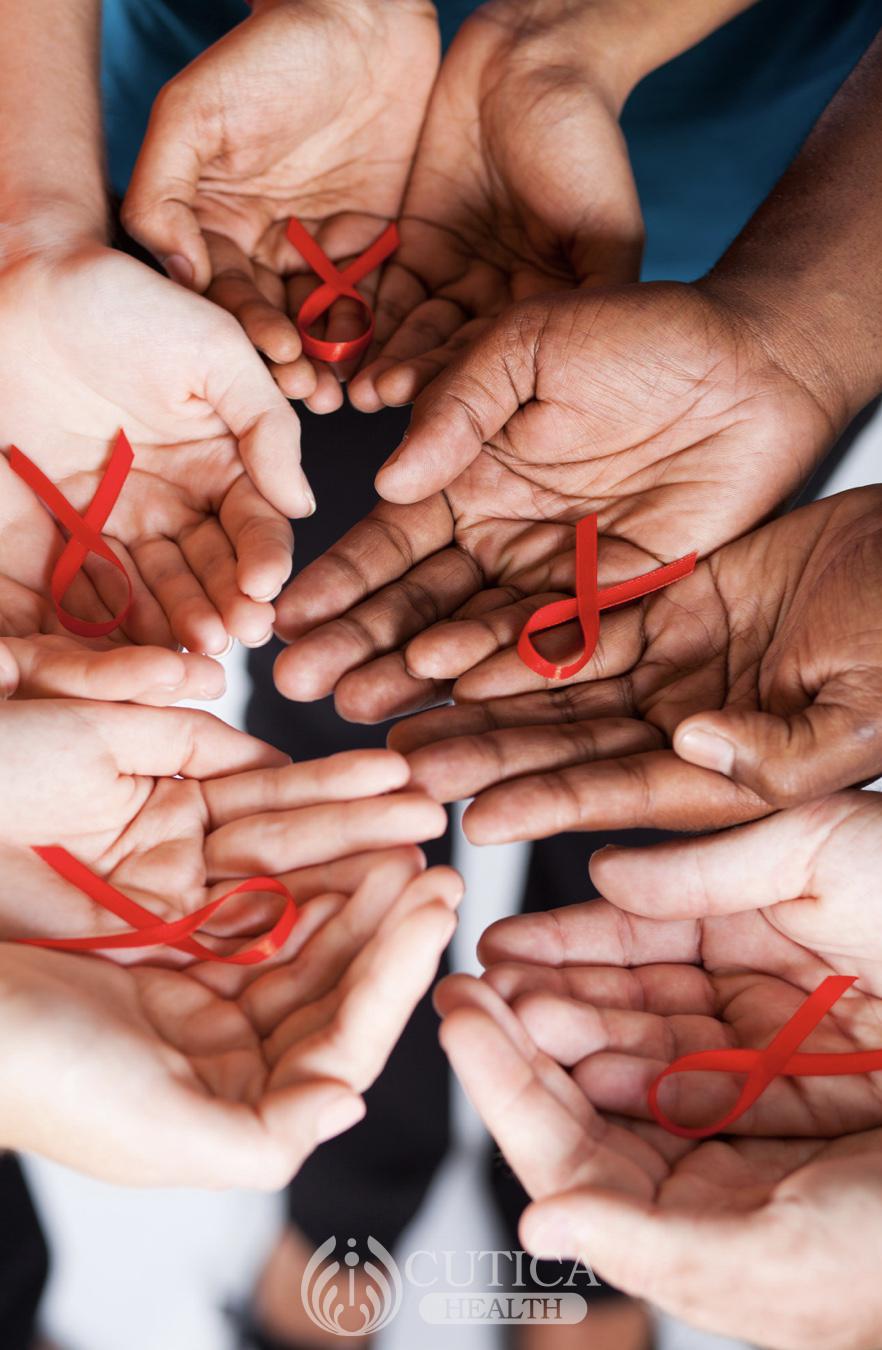
HIV is an acronym; it represents a virus called the human immunodeficiency virus which attacks important cells in your body-- those responsible for protecting you against infections. As a result, your ability to ward off infections drops drastically
What then is AIDS? AIDS means acquired immunodeficiency syndrome—a group of diseases that are associated with and occur as a result of the immune deficiency caused by the HIV or human immunodeficiency virus. With the current level of care available, someone suffering from HIV might not necessarily suffer from AIDS. So, AIDs can be called the end result of HIV that has not been well-treated or taking care of.
After being diagnosed with HIV, you need loads of support to continue to live positively thereafter. One of the most important things is to seek treatment immediately to keep your virus load low. In fact, latest advances in treatment can make your virus load (amount of the virus in your blood) so low as to be undetectable. At this point, you can’t pass the infection on despite still suffering from the disease. The best part is that your body’s immunity stays high-- this is the relationship necessary to maintain a healthy life despite being diagnosed with, and living with HIV

You are not alone
A diagnosis of HIV is not a death sentence. According to the World Health Organization, HIV continues to be a major global health issue that has claimed over 36 million people two thirds of whom live in Africa. With over 1.5 million new cases and over 680,00j0 deaths in 2020 alone, HIV is a public health issue that cannot be easily swept under the carpet.
Why don’t you cure HIV once and for all? Why live with it?
HIV has no cure at the moment; sufferers can receive lots of support for treating associated infections to enable them to lead a normal life despite their infection.
There are many things you need to take care of while living with HIV-AIDS but the first and foremost thing to do after being diagnosed with HIV is to seek the services of a qualified medical professional. You’ll be placing yourself in harm’s way if you resort to quacks who promise to cure the disease once and for all only to leave you defeated and devastated. You need to get on the medication called anti-retroviral therapy or ART. The World Health Organization also attests to the benefits of keeping your virus load at undetectable levels through regular use of antiretroviral therapy.

The next step is finding support while living with HIV-AIDS. Support is probably more important than all the medications—and you can find real support while living with HIV-AIDS through HIV support networks and speaking with other people living with HIV-AIDS..
You must also learn to stay healthy while living with the disease. Helpful tips for achieving this include:
*Eat healthy
*Take your medications
* Exercise daily
*Stop smoking
* Keep your regular medical and dental appointments
* Join an HIV-AIDS support group through an accredited provider
* Stay calm—you are not alone
* Read, read and read again about HIV AIDS
* Maintain good regular exercises
*Ask questions
* Express your fears and concerns
* Talk only to the right people
These factors help to boost your immune system and also lower your risk of other conditions that could make HIV/AIDS worse.

Take-home message
Knowing about your HIV status could be daunting, but living with HIV-AIDS doesn't have to be. Many lovely folks are living with HIV-AIDS and can live as long as people without the disease. Always remember that you are not alone!








